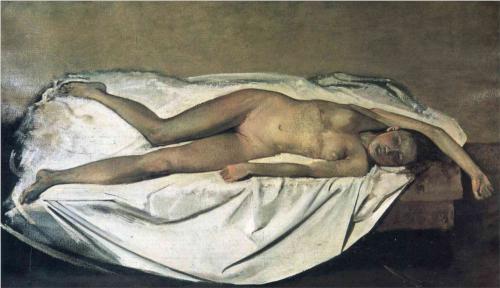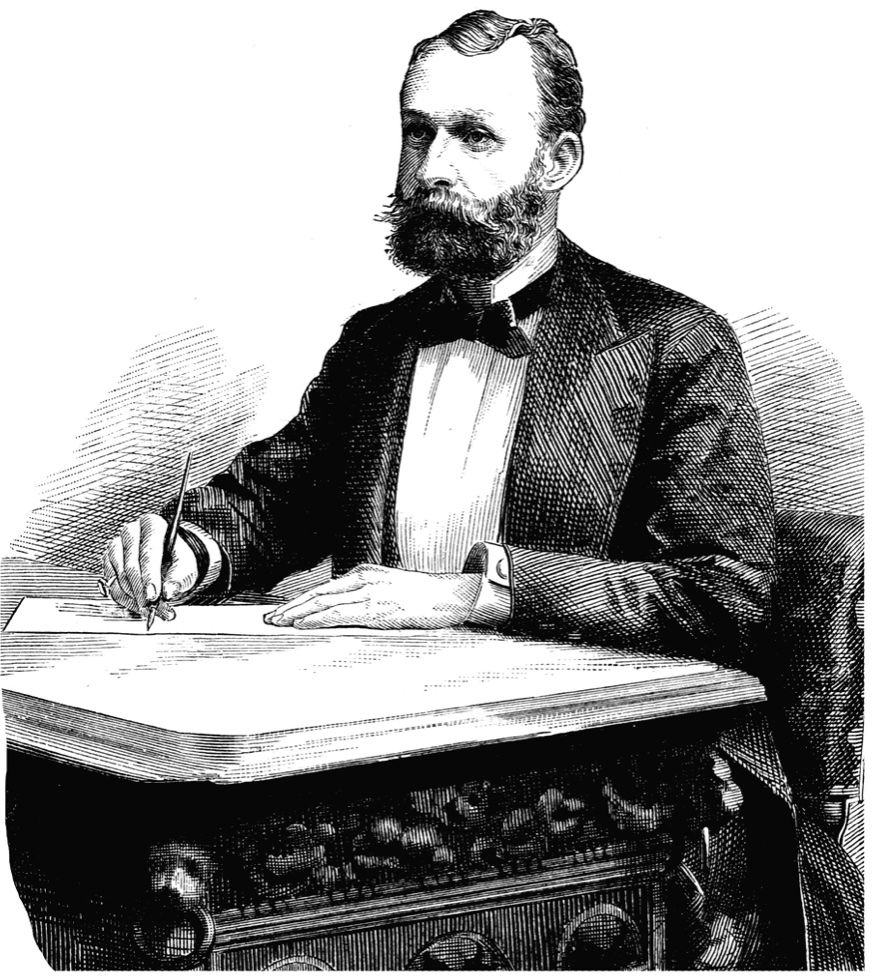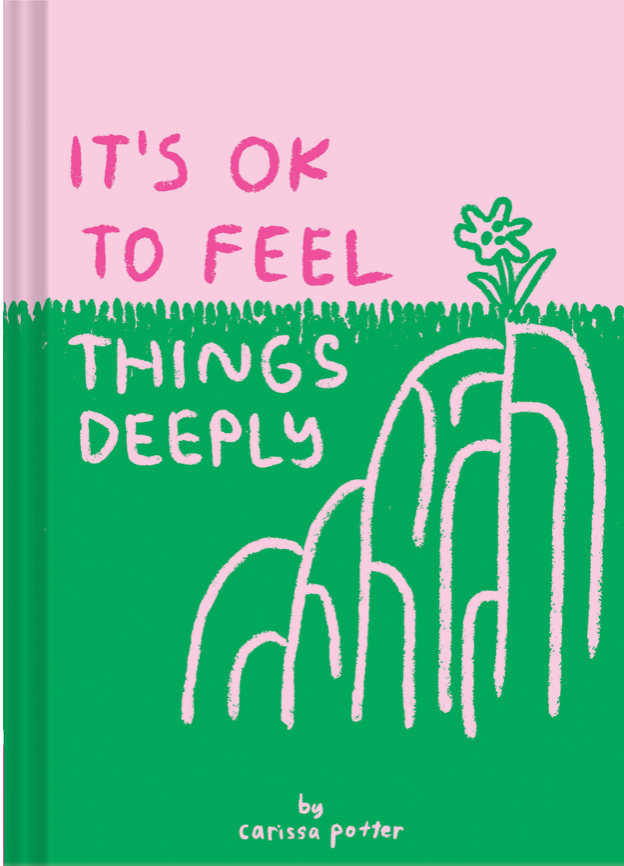“What the hell am I thinking about?”—Raskolnikov, Crime and Punishment
I’ve been reading through Oliver Ready’s new translation of Dostoyevsky’s classic Crime and Punishment. Usually I’m a bit skeptical of the marketing campaigns accompanying new translations, which are often “new” only in the sense of piquing our constant infatuation with novelty rather than “new” in any actual quality of the translation. But Ready’s work is of substantial and superb quality, especially when it comes to capturing Dostoevsky’s shrewd metaphors for the structure of human consciousness: its dark, coffin-shaped garrets, its many rooms and streets and thresholds, each holding out different avenues and possibilities for action, often contradictory in nature. Take Ready’s rendition of the book’s first sentence: “In early July, in exceptional heat, towards evening, a young man left the garret he was renting in S——-y lane, stepped outside, and slowly, as if in two minds, set off towards K——-n Bridge.” Compare Ready’s “as if in two minds” with Peaver and Volokhonsky’s “as if indecisively”; or Constance Garnett’s “as though in hesitation”. Ready’s version portrays more viscerally and vividly the contradictory nature of Raskolnikov’s consciousness. A man lives and moves not in one unified mind experiencing hesitation and indecision, but rather in two contradictory and warring minds. With this simple subtlety Ready evokes the crux of Crime and Punishment with more power than the previous translators have, maintaining this quality throughout the novel with an enviably raw economy of prose.
I could go on tediously comparing and contrasting, but I won’t. And a traditional didactic review of the story makes little sense for a novel so old and widely read. Instead I’ll offer a reflection, a brief Dostoevskian pensee.
I was struck, frightened, by Raskolnikov’s serpentine movements of thought, how two contrary movements collide head-on at unnerving speed from two equally mysterious abysses of unknown motives, his world defined by the cocktail of their collision. How prescient this young man is for us today, how deeply he resides in my very own heart. He bears the despair and claustrophobia and bewilderment of being unable to act meaningfully in the world, due in part to the perpetual anxiety caused by destitution and loneliness and loss of faith. It is chilling to think of the desperate acts we’ll succumb to for the faintest succor when all social and metaphysical reservoirs for virtuous action have been drained away, leaving only desperate assays of proof we can still act at all. We must prove to the “system” that oppresses us that we are free human beings—even if that proof manifests itself in the bare minimum of human intentionality—as opposed to merely cogs in the mechanistic mammon machine of capitalism.
How these desperate acts to validate our existence play out in our societies are myriad: drugs, prostitution, theft, violence and so on. The quixotic display of “will to power” or the slow suicides of drug and alcohol and sexual abuse. In Crime and Punishment, Marmelodov drinks life away, while Sonya gets a “yellow ticket” (a license for prostitution in 20th century Russia) to support her family. Raskolnikov choses the wily will to power to prove he can act, affect reality, by murder. Raskolnikov proves he is alive through the power to take life away: Will I really—I mean, really—actually take an axe, start bashing her on the head, smash her skull to pieces? Will I really slip in sticky, warm blood, force the lock, steal, tremble, hide, all soaked in blood…axe in hand? Lord, will I really? The desperate act of murder is for Raskolnikov the only way to partake in the real — hence the repetition of “really”.
But, of course, the psychological genius of Dostoyevsky is that murder only plunges Raskolnikov further into the realm of unreality and illusion to the point where he seems (very much like Kit in Terrence Malick’s masterful Badlands) as if he never acted out the murder to begin with, as if now there were no longer even such mysterious things as people to murder in the first place: “Oblivion had come over him”.
Contrary to Raskolnikov’s violence, with its consequence of solipsistic unreality, is the faith and self-emptying humility of the prostitute Sonya Semyonovna—a name derived from Sophia, which means, fittingly and significantly, Divine Wisdom—that brings him to the really Real of the divine and human Christ. As philosopher David Bentley Hart (ventriloquizing Charles Baudelaire) put it:
“…when social order is the regime of mechanism, of bodies without souls, of the market, of materialist prudence—when this is decency, is respectability—then transgression becomes a necessary piety. And, in such a world, it is the prostitute—the rejected and reviled, the suffering servant of an age that knows no sin and seeks no expiation—who corrupts the logic of acquisition and consumption with the subversive possibility of a tenderness that exceeds the price remitted; thereby she becomes the emblem of the holy, the sign of love’s patient vulnerability. How often I was considered most blasphemous when, in truth, I could scarcely have been more devout…But you must see that God himself is the most prostituted of us all, since he is the highest friend of all, the most shared in common, the inexhaustible reservoir of love. Here, where all is sold and nothing given, love can find us only by the supreme condescension of selling itself, of divesting itself of its glory and descending into the brothels of our hearts, where all our loves are purchased loves, thus taking us unawares precisely where our lust reigns supreme. Christ kept company with harlots out of the abundance of his compassion, yes, but also perhaps because he found them holier—more blameless—than the righteous. And was not the dereliction of the cross like the self-abnegation of a lupanar? Was it not there that God gave himself—sold himself cheaply—to those who could not hope to win his love, requiring nothing in return but the paltriest pittance of their faith?”
These themes permeate much of Dostoevsky’s work, but they find their most potent expression in Crime and Punishment’s Sonya, who is, perhaps, the strongest Christ-like figure in Dostoevsky’s oeuvre.
But of course Dostoevsky is elaborating upon a long Christian tradition. Whether it be the harlot Rahab honored for her faith, or Hosea’s love and union with the whore Gomer, or Christ’s tenderness with the women caught in adultery, there is a deep reckoning with the perennial human desire to give oneself up completely to something that promises, however misguided, to bring comfort to a life filled with sorrow. Christianity recognizes the search to be saved as a fundamental virtue, regardless if at the moment it involves sin, simply because it involves a fundamental religious sensibility that one’s existence is not wholly self-sufficient but in need of some unmerited gift or grace.
It was this whoring essence of Christianity that Nietzsche, Dostoevsky’s malignant double, despised. Its obsession with the poor and oppressed, ‘the least of these’, instead of the greatest, the strong Greek hero. Its ridiculous rejection of fate, Nietzsche’s amor fati, for the virtue of hope. Its licentious forgiveness of all and everything, the perverse maxim that love covers a multitude of sins… But most monstrous of all Christianity’s transgressions against everything great in man is its abhorrent doctrine of the incarnation, the fully God and fully man Jesus.
Nietzsche’s revulsion has little to do with the idea of God become man. (This is, after all, basically what Nietzsche’s Übermensch, along with the modern secular humanist, is trying to fabricate.) Rather it was who it was that Christianity claimed to be God that earned his repugnance. Namely, a poor and weak Jewish outcast: God come in the form of a slave, dying a criminal’s death, carouser with whores and drunkards. (Dostoevsky wrestles with this doctrine for his whole life, both as a skeptic and believer; it is also the cause behind his later infatuation with Holbein’s painting, The Body of the Dead Christ in the Tomb, which inspired both intense doubt and awe.) In a world that worships money and power and fame, it is very difficult to take serious a doctrine that identifies God himself not with society’s affluent, but as a poor, wandering, homeless lamb; a “man of sorrows”, despised and fattened for the slaughter-house power structures of each and every age.

That the most powerful Being beyond all beings—God, the Creator of all—found his image most perfectly expressed in the form of a slave, the weakest in society, is already hard enough to accept; but the doctrine that the rejection of the poor and the hungry and imprisoned in our midst is akin to rejecting God, one’s very Maker himself? Why is it that when Christ speaks of hell, the context is a rich man who neglected the weak, a rich man who made hell on earth for the poor? “What is hell?”, Dostoevsky writes in the Brothers Karamazov, “I maintain that it is the suffering of being unable to love.”
How could such an idea ever appeal to a world enthralled with the idea of the divinity of Mammon? Thankfully, Dostoevsky thought otherwise. And what a pleasure it is to see Oliver Ready’s new translation bring renewed power to one of the world’s greatest works of fiction.




